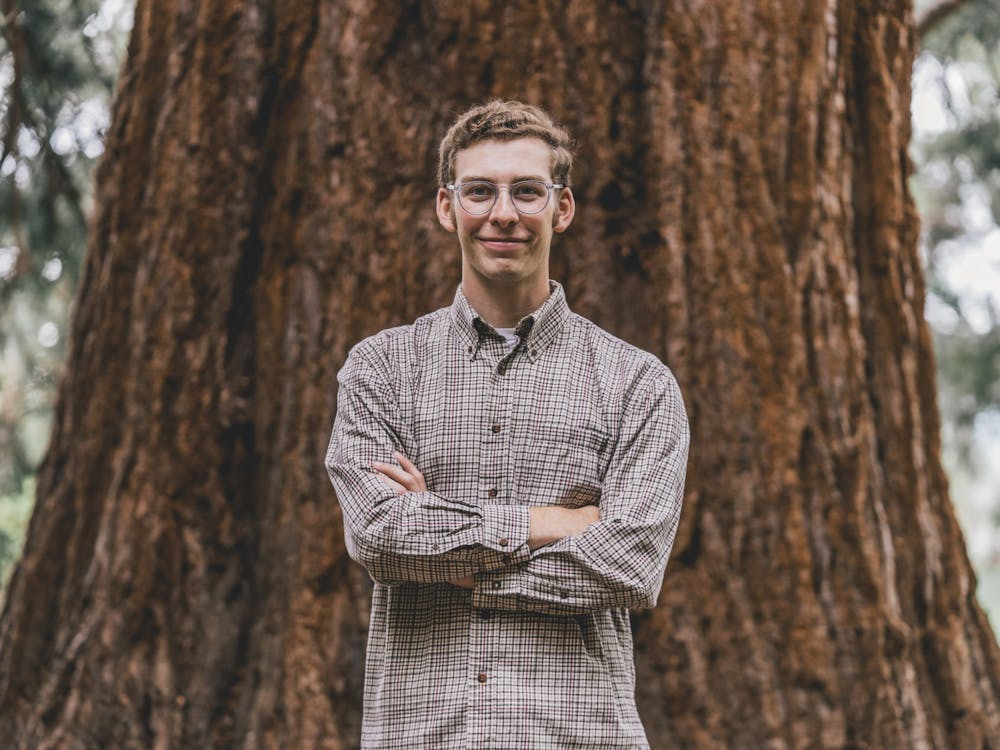Julia Evans (The Beacon)
By Julia Evans
"Namaste", I whisper, pancaked hands level with my sternum as I bow down towards a primordial woman rife with the aches and pains that come with half a century of hard labor. Her eyes, the color of masala chai, bear the intimation of lessons learned, hopes lost. Muttering emphatically in Telugu, my puzzled look gives her the hint to direct her comment toward the translator. "She thanks you", he says. "She feels proud an Anglo would show kindness. She expected never to have this." The recesses of my mind bring forth sepia-toned images of an India under British rule, a time this woman most surely remembers. Like a lenticular hologram, the image shifts to the India I see now: zippy rickshaws stuffed with ten people at once flying down the street, children with smiles that would make Mr. Colgate beam from his grave, women wearing sarees in colors and patterns that American designers hope to envision in their dreams. Spices the colors of Vermont in Fall, music that make your bones vibrate, cows munching on corn husks in the middle of the road, stopping traffic (they are holy, after all, and can munch wherever they please. No one seems to mind).
The flip side to this burnished Rupee coin is a story many of us have seen only from a distance. In dusty copies of National Geographic in Grandpa's desk, in films like Slumdog Millionaire, in medical textbooks referencing failed attempts at family planning. Garbage fills the streets where barefoot children play. Tents, huts and cement shacks are the common standard of living. Basic healthcare, especially in rural villages, is almost non-existent. Some of our most shocking clinic visits: A boy almost completely paralyzed from untreated rabies. A two-year old with a treatable neural tube-defect, slowly dying from hydrocephalus. An elderly woman with blood sugar so high my meter failed to read the number - "HIGH" was all it could muster. Words fail to describe the feeling one has in these sorts of situations. I'd like to have at my disposal complicated amalgamate emotions, Germanic train-car fabrications like, "the sadness sparked by filing for bankruptcy" or "the guilty pleasure of getting your tab covered on accident," to described the twang of pain and emptiness that accompanies the inability to help people with preventable and treatable conditions.
In response to a question of her opinion on money, wealth and the poor, Mother Teresa once said, "The material is not the only thing that gives joy. Something greater than that, the deep sense of peace in the heart. They are content. That is the great difference between rich and poor." In every smile I saw, in every wave, in every "Namaste" uttered, this peace is something that goes beyond the woes of poverty. It's everywhere you go, rushing about you like the heady smell of jasmine flowers in the braids of every girl. It's a serenity I'll keep with me forever, right next to the Bollywood music still vibrating my bones.
Julia Evans is a senior nursing major. She can be reached at evans13@up.edu.
(Photo courtesy of Julia Evans)








